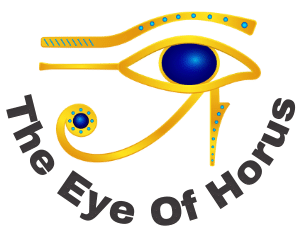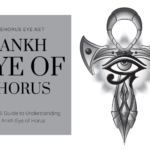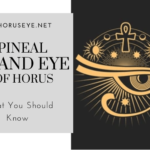Eye of Horus Documentary, “Magical Egypt” presents the results of the project in the new season of the documentary series. Genre Documentary, Runtime 50 minutes, Total runtime 8 hours 20 minutes.
The Documentary Eyes of Horus tells the story of the life and demise of Horus, the sky deity of ancient Egypt. Although the movie was initially released in 1986, it has not been seen in public since. Because it was never completed or released, it is regarded as a lost movie.
A British production firm shot The Eyes of Horus in the early 1980s under the direction of Peter Whitehead, who had previously produced documentaries for the BBC on subjects including Nazism and schizophrenia. The movie’s production, which cost £1 million, took four years. From Horus’ conception to his ascent to supremacy over all other gods in ancient Egypt, the movie chronicles his existence.
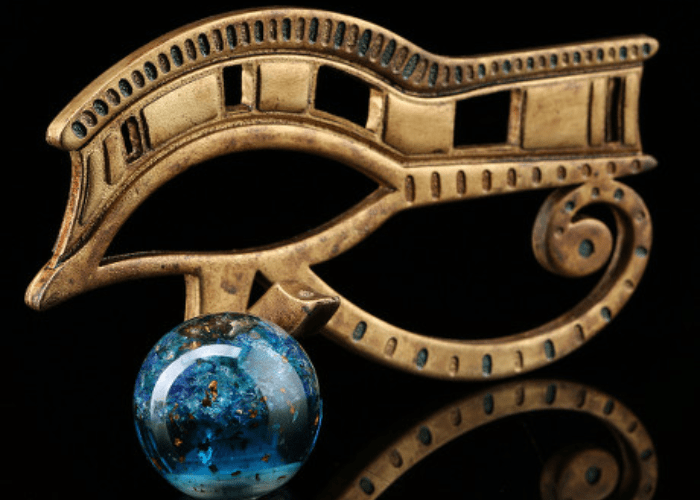
It also describes his demise and resurrection at the hands of his father Osiris (who subsequently evolved into an all-powerful underworld deity) and his ultimate ascent into heaven where he shares a throne with Osiris and other gods like Ra (the sun god). Horus is seen in this image as a young child sporting a lavish crown with two large horns on either side.
Eye of Horus Documentary: Documentaries about Egyptian Mythology
Egyptian mythology is the subject of many documentaries, some of which are devoted exclusively to the Eye of Horus. Here are some suggestions:
1. The six-part PBS documentary series “Egypt’s Golden Empire” (2002) explores the history and mythology of ancient Egypt, including the Eye of Horus.
2. The 2001 BBC documentary series “Egypt: Beyond the Pyramids” explores the secrets and mythology of ancient Egypt, including the tale of Horus and the Eye of Horus.
3. (2007) – “Secrets of Egypt’s Lost Queen” This National Geographic film relates the tale of Hatshepsut, one of the most powerful female pharaohs in ancient Egypt, and her relationship with the Eye of Horus.
4. The theories and supporting data on the creation and function of the ancient Egyptian pyramids are examined in the documentary series “The Pyramid Code” from 2009.
5. (2007) – “The Mummy: Mysteries of the Pharaohs” As it follows a group of scientists and archaeologists on their mission to discover the mysteries of the pharaohs, this documentary explores the culture of ancient Egypt, including the mythology and symbolism of the Eye of Horus.
The world of ancient Egypt and its mythology, particularly the significance of the Eye of Horus, is fascinatingly explored in these documentaries.
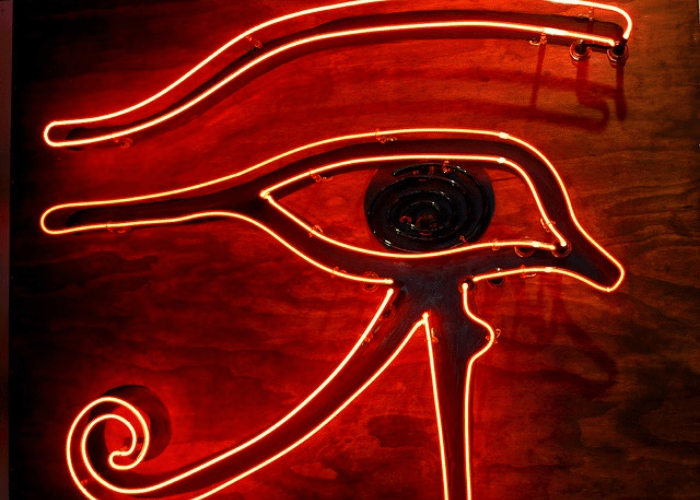
Egyptian Mythology: The Essential Horus, Osiris, Seth, Anubis
Some of the most significant characters in Egyptian mythology include Horus, Osiris, Seth, and Anubis. Here is a quick description of each one of them:
- The deity of the sky and kingship, Horus, was the son of Osiris and Isis. He was frequently pictured as having a falcon’s head and was related to Egypt’s pharaohs and protection and healing. By tradition, Horus engaged in a protracted conflict with his uncle Seth, who had murdered Horus’s father Osiris.
- Osiris was the god of fertility, rebirth, and the afterlife. He was frequently portrayed as being mummified and connected to the Nile River and its ability to sustain life. Osiris was allegedly murdered by his brother Seth. He was later raised to life by his wife Isis and elevated to the position of king of the underworld.
- The god of chaos, bloodshed, and the desert was named Seth. He was frequently pictured with an animal head, such as that of a jackal or a donkey, and was connected to storms and other destructive forces. By tradition, Seth killed his brother Osiris out of rivalry and jealousy and was subsequently vanquished by Horus, Osiris’s son.
- Anubis: Anubis was the Egyptian god of the dead and mummification. He was associated with the embalming procedure and the weighing of the heart in the afterlife and was frequently portrayed with a jackal’s head. Anubis is said to have assisted in embalming and preserving Osiris’ body after his passing, It later became revered as a guardian of the dead.
These four gods were the core of Egyptian mythology, and the religion, art, and culture of ancient Egypt were greatly influenced by their legends and symbols.
Egyptian Mythology: God and Goddesses, a documentary
The world of Egyptian mythology is explored in a variety of documentaries, some of which are devoted solely to the gods and goddesses of ancient Egypt. Here are some suggestions:
- The 2019 publication “Egypt: The Gods and Goddesses of Ancient Egypt” – The pantheon of Egyptian gods are examined in this Smithsonian Channel documentary, along with its antecedents, characteristics, and functions in Egyptian culture.
2. (2018) – “The True Scorpion King: The Warrior King of Ancient Egypt” This National Geographic film relates the tale of King Scorpion, a legendary ancient Egyptian king who was regarded as a deity unto himself. The movie examines ancient Egyptian mythology and rituals, which included the veneration of animal deities like the jackal-headed Anubis and the cat goddess Bastet.
3. “Egypt’s Sun King: The Mystery Tombs” (2017) is a Discovery Channel documentary that follows archaeologist Dr. Zahi Hawass as he investigates King Tutankhamun’s tomb and the legends surrounding the sun deity Ra.
4. 2009’s “Egypt: The Pyramid Code” – This documentary series digs at the mythology and symbolism of the gods and goddesses connected to the ancient Egyptian pyramids as well as the hypotheses and evidence surrounding its construction and purpose.
The rich mythology and religious traditions of ancient Egypt, as well as the pantheon of gods and goddesses that played a vital role in Egyptian society and belief, are fascinatingly explored in these documentaries.
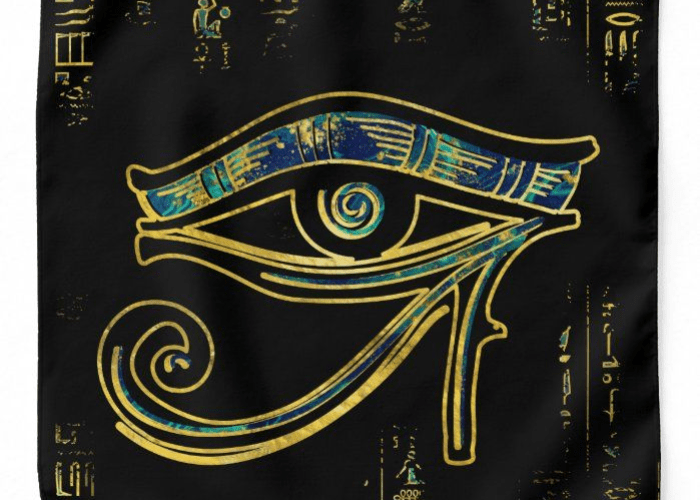
Documentary on Egyptian astrology
Egyptian astrology, including its history, symbolism, and cultural significance, is covered in some documentaries. Here are some suggestions:
- “Egyptian Astrology” (2006) is a History Channel documentary that examines the beginnings and development of Egyptian astrology, the meanings associated with the zodiac signs and how the stars and planets impacted Egyptian society and religion.
2. (2010)’s “Secrets of the Sphinx” – This National Geographic film explores the mystery surrounding the Great Pyramid and the Sphinx as well as the place of astrology in ancient Egyptian culture, including how it was used to determine the dates of religious celebrations and foretell the pharaohs’ futures.
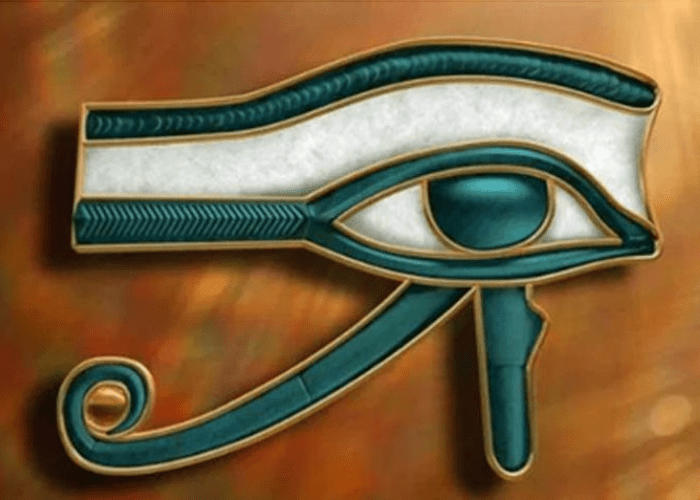
3. Life and Death in the Valley of the Kings: Ancient Egypt (2013) The history and mythology of ancient Egypt are examined in this BBC documentary series, along with its use of astrology and its associations with the afterlife and the gods.
4. (2014)’s “The Age of the Sphinx” – In addition to examining the hypotheses and supporting facts concerning the building of the Sphinx and the pyramids, this Smithsonian Channel series also looks at the significance of astrology in the lives of the ancient Egyptians.
These videos provide an intriguing look into the world of Egyptian astrology, including its history, symbolism, and cultural relevance. They also illuminate how this ancient art form impacted Egyptian culture and religion.
Ancient Egyptian God Documentary – The Story Of Osiris
The mythology and symbolism of Osiris, one of the most significant gods in ancient Egyptian religion, are explored in some films. Here are some suggestions:
- Egyptian Lost Queens: The Cleopatra Tale (2014) This PBS program dives into the mythology and symbolism of Osiris as the god of resurrection and the afterlife while also examining the life and rule of Cleopatra, the final pharaoh of Egypt.
2. (2015) – “The Mystery of the Egyptian Tomb” This National Geographic film highlights the discovery and excavation of Tutankhamun’s tomb as well as the significance of Osiris, the god of the dead and the overseer of the afterlife, in ancient Egyptian mythology.
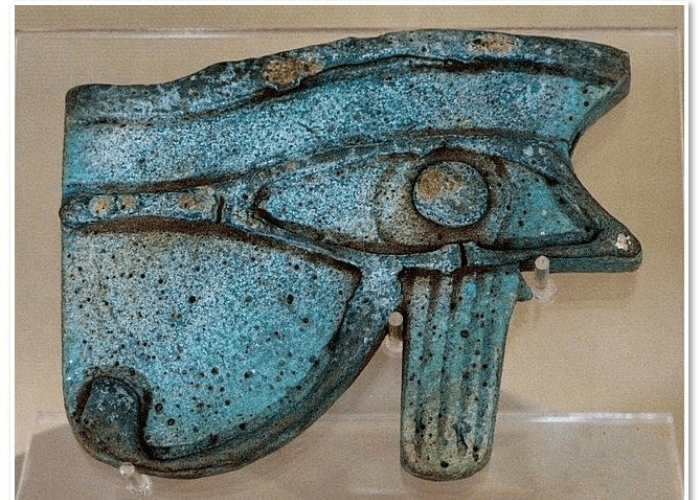
3. “The Curse of King Tut’s Tomb” (2006) is a History Channel documentary that tells the tale of how King Tutankhamun’s tomb was discovered and the curse that was said to befall those who disturbed his final resting place. It also examines Osiris’ significance as the god of rebirth and renewal in Egyptian mythology.
4. The 2013 film “Secrets of the Dead: Ultimate Tut” This PBS special investigates the life and death of King Tutankhamun, the significance of Osiris as the god of rebirth and the afterlife, as well as the ideas and supporting documentation on the circumstances surrounding the young pharaoh’s demise.
One of the most significant gods in ancient Egyptian religion, Osiris, is given a fascinating look in these documentaries.
Conclusions: The Eye of Horus Documentary
It is challenging to offer particular conclusions without knowing which documentary is being discussed because there are several about the Eye of Horus in Egyptian mythology. Yet, in general, films about the Eye of Horus focus on the mythology and symbolism of this ancient Egyptian emblem, which stands for defense, healing, and the might of the gods.
The historical and cultural significance of the Eye of Horus, including its inclusion in Egyptian art and architecture as well as its function in ancient Egyptian religion and spirituality, may also be covered in several documentaries. Furthermore, some documentaries may look at how the Eye of Horus has been perceived and reinterpreted in modern culture.
